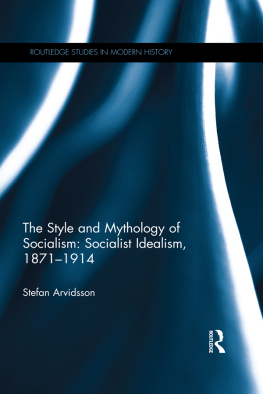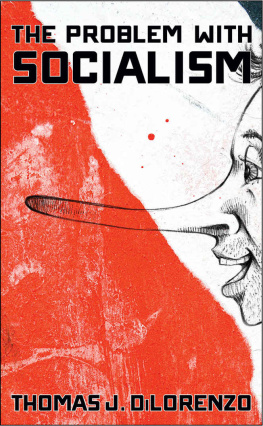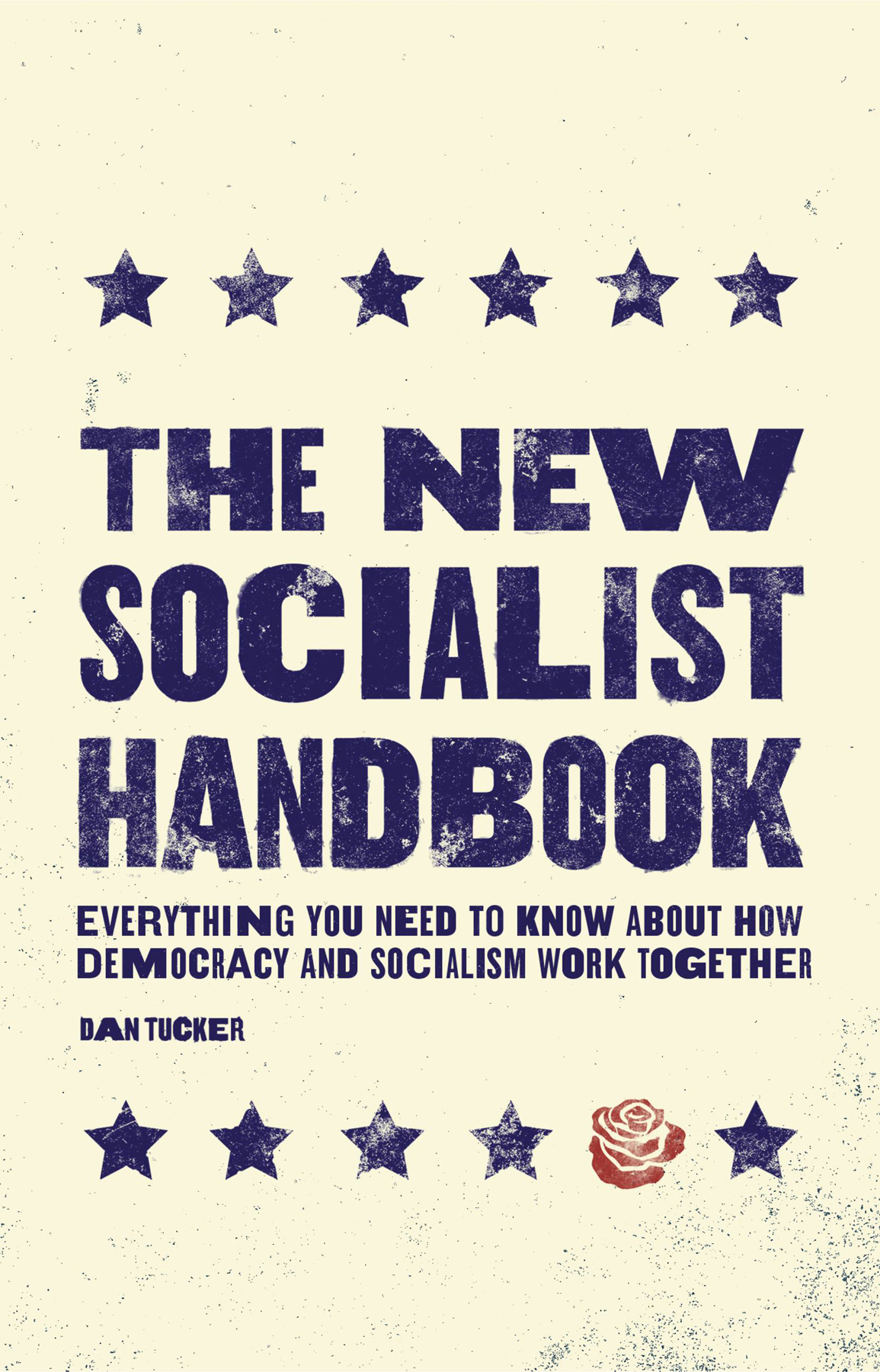Copyright 2020 by Black Dog & Leventhal Publishers
Illustrations by Mikey Burton
Cover design by Celeste Joyce
Cover copyright 2020 by Hachette Book Group, Inc.
Hachette Book Group supports the right to free expression and the value of copyright. The purpose of copyright is to encourage writers and artists to produce the creative works that enrich our culture.
The scanning, uploading, and distribution of this book without permission is a theft of the authors intellectual property. If you would like permission to use material from the book (other than for review purposes), please contact permissions@hbgusa.com. Thank you for your support of the authors rights.
Black Dog & Leventhal Publishers
Hachette Book Group
1290 Avenue of the Americas
New York, NY 10104
www.hachettebookgroup.com
www.blackdogandleventhal.com
First Edition: May 2020
Black Dog & Leventhal Publishers is an imprint of Perseus Books, LLC, a subsidiary of Hachette Book Group, Inc. The Black Dog & Leventhal Publishers name and logo are trademarks of Hachette Book Group, Inc.
The publisher is not responsible for websites (or their content) that are not owned by the publisher.
The Hachette Speakers Bureau provides a wide range of authors for speaking events. To find out more, go to www.HachetteSpeakersBureau.com or call (866) 376-6591.
Print book interior design by Celeste Joyce
Library of Congress Cataloging-in-Publication Data
Names: Tucker, Dan (Book producer), author.
Title: The new socialist handbook: everything you need to know about why it matters now / Dan Tucker.
Description: First edition. | New York, NY: Black Dog & Leventhal, 2020. | Includes bibliographical references and index. | Summary: Socialism is a topic frequently invoked in todays political conversation, yet not many people fully understand it. This easy-to-follow guide explains the principles of the ideology and what socialism looks like in the world todayProvided by publisher.
Identifiers: LCCN 2019040451 (print) | LCCN 2019040452 (ebook) | ISBN 9780762470273 (trade paperback) | ISBN 9780762470266 (ebook)
Subjects: LCSH: Socialism. | SocialismUnited StatesHistory.
Classification: LCC HX73 .T83 2020 (print) | LCC HX73 (ebook) | DDC 335dc23
LC record available at https://lccn.loc.gov/2019040451
LC ebook record available at https://lccn.loc.gov/2019040452
ISBNs: 978-0-7624-7027-3 (paperback); 978-0-7624-7026-6 (ebook)
E3-20200505-JV-NF-ORI
Discover Your Next Great Read
Get sneak peeks, book recommendations, and news about your favorite authors.
Tap here to learn more.

Explore book giveaways, sneak peeks, deals, and more.
Tap here to learn more.

W HY DOES SOCIALISM INSPIRE such fear and loathing in US politics?
Malnutrition. Power outages. Bread lines. A medical system without medicine, threatens a 2019 fundraising letter from a junior US senator. A form of legalized theft, writes an assistant professor at a Christian university in Ohio. Big government is really Borg government, intones a writer at Federalist.com, invoking images of robotic fascism by making a delightfully nerdy but historically dubious reference to the zombie-like collective mind introduced in Star Trek: The Next Generation. Ominous descriptions like these, and worse, are commonplace in the media.
But then how is it that, in this environment, only six decades removed from the McCarthy-era witch hunts of the 1950s, a self-described socialist has run credible campaigns for president in two consecutive elections, and in 2018, two members of the Democratic Socialists of America were elected to seats in the US Congress? Indeed, how is it that we are even still talking about an economic and political theory put forth by two obscure German men in the latter half of the nineteenth century, one of whom, Karl Marx, was thrown out of at least three countries?
Much as they acknowledged the astonishing transformative and positive powers of capital, Karl Marx and Friedrich Engels were also connoisseurs of capitalisms problems: the exhilarating boom periods that inevitably end in gut-wrenching, fortune- and life-destroying busts. They saw around them in mid-nineteenth-century Europe the vastly unequal distribution of wealth, destined to grow ever more extreme as the earning power of capitalof money, and the people with itfar outstripped the ability of laborers to earn it. The casualties of capitalisms zero-sum game of winners and losers filled the slums and workhouses of European cities. There was no concept of the 1 percent or 99 percent yet, but the chasm separating a small minority of the privileged from the vast majority of people was readily apparent.
In twenty-first-century America, where the superwealthy are buying private islands and safe houses in New Zealand in the event of some kind of, uh, unpleasantness in the rest of the world, almost half of Americans are living paycheck to paycheck. Many are working two or more jobs. Most are one serious illness or accident away from financial catastrophe. According to a 2016 poll conducted by the Federal Reserve Board, 47 percent of American consumers said that an unexpected expense of $400 either would have to go unpaid or could only be covered by borrowing or selling something. Four hundred dollars! Thats tip money for a day at the dog spa for Beast, Mark Zuckerberg and Priscilla Chans Puli! No wonder the insights of Marx and Engels resonate today.
Marx and Engels posited that there was a better way to share the risks and rewards of human enterprise, one that draws on an intrinsic part of human nature and of economic history: the human capacity for cooperating rather than competing in order to sustain oneself and promote the well-being of ones community. Their description of exactly how socialist institutions would work was pretty light on the details, but in general, they believed all workers should have both a voice in the way in which productive enterprises, and society, are run, and a share in the ownership of whatever they produced. They foresaw a virtuous circle in which these cooperative institutions would educate and shape citizens whose values would improve with each generation.
If this all sounds a little kumbaya, then may I introduce you to Marxs eleventh thesis on Feuerbach, (see the Know Your Socialist Thinkers chapter) which would punch you in the face if it could. In this critique of the nineteenth-century philosopher Ludwig Feuerbach (18041872), Marx held that philosophical problems arise out of real-life conditions, which can be solved only by changing those conditionsthat is to say, by remaking the world. Marx and Engels were not shy about how they thought that was going to happen: by violent revolution. The sometimes-belligerent Marx (much to Engelss frustration, as it delayed Marxs writing) spent an inordinate amount of time attending revolutionary meetings and squabbling with his fellow radicals rather than completing his theoretical work.
This tenet of Marxist thought more than any other has brought controversy and disrepute to the socialist movementthough for many on the far left, it is an inviolable part of identifying as a socialist, and anything less is weak tea, doomed to failure. Is it possible, in any case, to seize power politely? Later in his life, Marx came to think that conditions had changed sufficiently in countries like the United States and Great Britain to allow for the possibility of a peaceful transition to socialism. But this schism between the followers of Marx who believe that nothing less than the complete transformation of society is required for socialism to take holdby violence, if necessaryand those who believe that socialism can be achieved incrementally, by working through existing political structures, remains active to this day.











